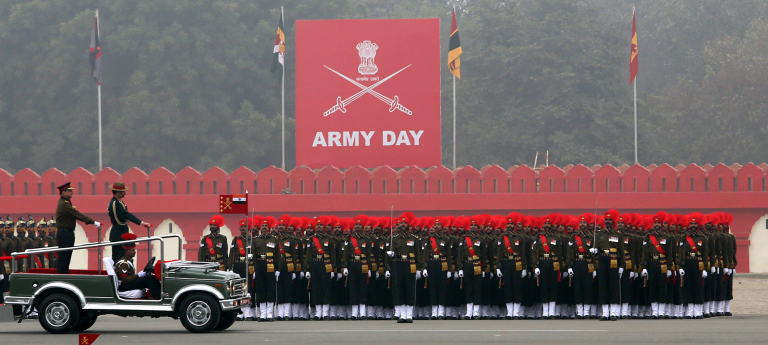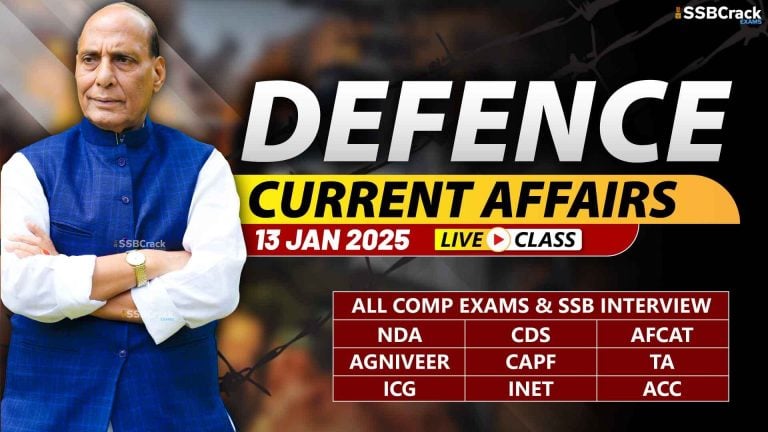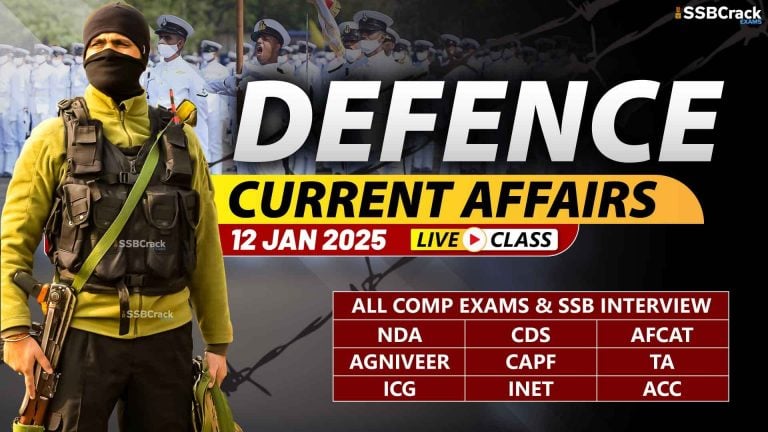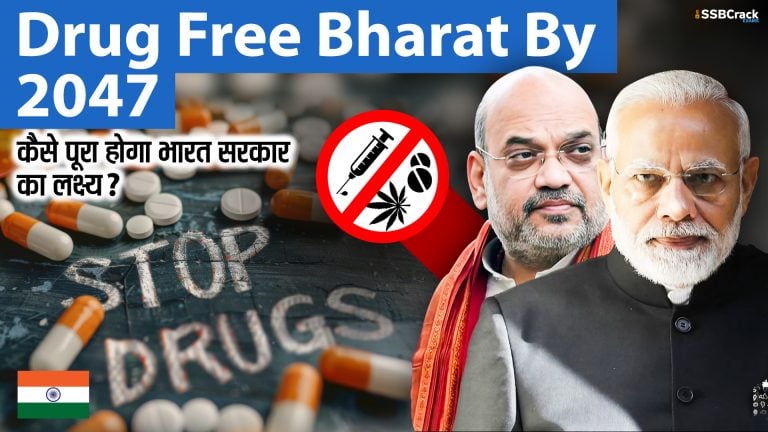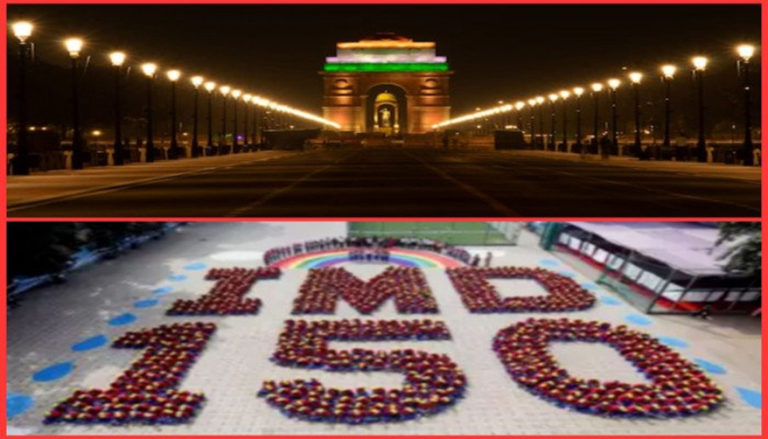The Financial Action Task Force (FATF) has lauded India’s efforts to implement measures to tackle illicit finance including money laundering and terror funding.
FATF Report Points To ‘Threats To India From IS
The Financial Action Task Force (FATF) has lauded India’s efforts to implement measures to tackle illicit finance including money laundering and terror funding. Briefing media persons in New Delhi today, Shri Vivek Aggarwal, Additional Secretary, Revenue, Ministry of Finance said that in its Mutual Evaluation Report for India ‘Anti-Money laundering and Counter terrorist financing Measures’ FATF emphasizes that India has achieved a high-level of technical compliance across the FATF Recommendations. India has taken significant steps to implement measures to tackle illicit finance, the reports mentions.
A joint FATF-APG-EAG assessment has concluded that India has implemented an anti-money laundering and counter-terrorist financing (AML/CFT) framework that is achieving good results. Authorities make good use of financial intelligence and co-operate effectively, both domestically and internationally.
Shri Vivek Aggarwal further informed that following the assessment, India has been placed in “regular follow-up” which is the highest rating category by FATF. UK, France and Italy are among the only G-20 countries which have been placed in this category apart from India, he disclosed.
The report highlights that India has made significant steps in financial inclusion, more than doubling the proportion of the population with bank accounts, encouraging greater reliance on digital payment systems. These efforts have supported financial transparency, which in turn contribute to AML/CFT efforts.
Despite the size and institutional complexity of the Indian system, Indian authorities cooperate and coordinate effectively on matters dealing with illicit financial flows, including the use of financial intelligence. India also achieved positive results in international co-operation, asset recovery and implementing targeted financial sanctions for proliferation financing.
There is a good understanding of risk and application of preventative measures in the financial sector, especially by commercial banks.
It also states that India faces serious terrorism and terrorist financing threats, including related to ISIL(Islamic State of Iraq and the Levant) or Al Qaeda. India has demonstrated its ability to conduct complex financial investigations but needs to focus on concluding the prosecutions and convict and appropriately sanction terrorist financiers.
The Financial Action Task Force (FATF) mutual evaluation report on India said that the “most significant” terrorism threats in the country appear to relate to Islamic State or Al-Qaeda-linked groups active in and around Jammu and Kashmir.
The FATF Plenary is the decision making body of the FATF.It meets three times per year.As of today, it is a 39-member body representing most major financial centres in all parts of the globe.Out of 39 members, there are two regional organisations: the European Commission, and the Gulf Cooperation Council. Indonesia is the only observer country of FATF.
The FATF Secretariat is located at the OECD headquarters in Paris.
Indonesia is the only observer country of FATF.
Grey and Blacklists of the FATF
Grey List: The Grey List includes countries that are considered safe haven for supporting terror funding and money laundering. It serves as a warning that the country may enter the blacklist.
Black List: The Blacklist includes Non-Cooperative Countries or Territories (NCCTs) that support terror funding and money laundering activities.





